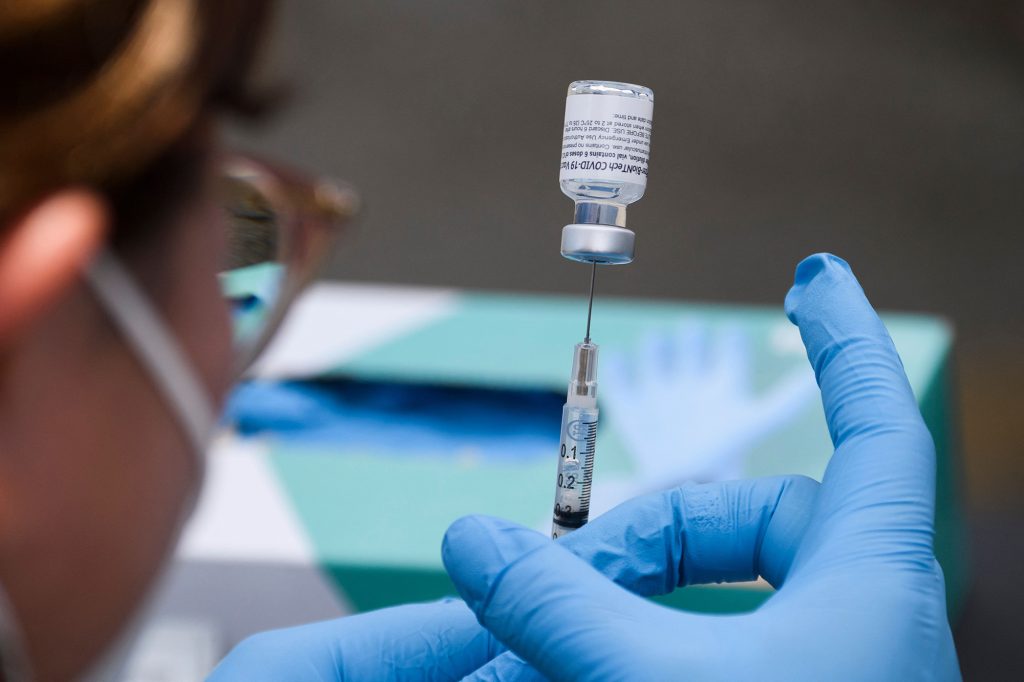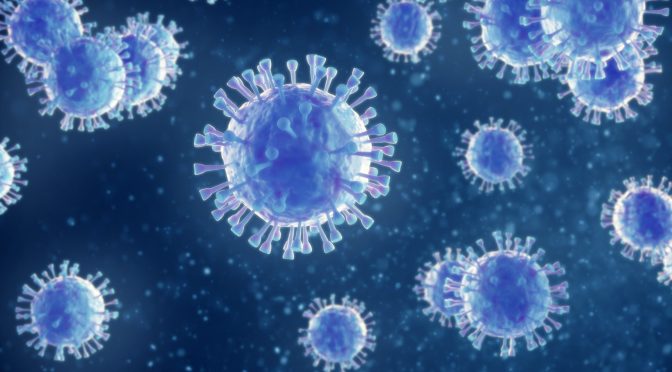The COVID-19 pandemic, caused by the SARS-CoV-2 virus, has profoundly shaped the modern world. Its emergence, global spread, and lingering effects continue to influence various aspects of human life. This article explores the pandemic’s origins, its catastrophic toll on human lives, countermeasures adopted, and the wide-reaching consequences that persist today.
Origins of COVID-19
COVID-19 was first identified in Wuhan, China, in December 2019. The virus is believed to have originated in bats, with a likely intermediary host facilitating its transmission to humans. The precise details of its zoonotic transmission remain under investigation, but early cases were linked to a seafood market in Wuhan. By early 2020, the virus had spread globally, leading the World Health Organization (WHO) to declare it a pandemic on March 11, 2020.
Fatalities and Global Toll
As of today, COVID-19 has caused over 6 million reported deaths worldwide, with countless others affected by long-term complications, often referred to as “long COVID.” Mortality rates have varied significantly across countries due to differences in healthcare infrastructure, demographic factors, and government responses. The pandemic also highlighted health inequities, with marginalized communities often suffering disproportionately.
Countermeasures
Governments and organizations worldwide implemented a range of measures to combat the virus. These included:
- Lockdowns and Social Distancing: Measures to limit person-to-person contact reduced virus transmission but came at a significant social and economic cost.
- Vaccination Campaigns: Rapid development and deployment of vaccines have been pivotal. Vaccines like those from Pfizer-BioNTech, Moderna, and AstraZeneca have significantly reduced severe cases and fatalities.
- Public Health Protocols: Mask mandates, hand hygiene campaigns, and widespread testing were employed to curb the spread.
- Technological Innovations: Contact tracing apps and telemedicine became critical tools in managing the pandemic.

Human Consequences
The pandemic disrupted lives in unprecedented ways. Millions experienced job losses, mental health challenges surged, and education systems were upended. Families faced the anguish of separation, and many grieved the loss of loved ones. Meanwhile, healthcare workers bore immense burdens, working tirelessly in strained conditions to save lives.
Social dynamics also shifted, with remote work becoming a norm for many professions. While this offered flexibility, it also blurred boundaries between professional and personal life, leading to new stressors.
Economic Aspects
The global economy faced severe disruptions, with an estimated contraction of 3.5% in 2020. Industries such as travel, hospitality, and retail were particularly hard-hit. Supply chain interruptions led to shortages of essential goods, and inflation surged in many regions. Governments responded with stimulus packages and financial aid, which cushioned some of the impacts but also increased national debts.
On the other hand, certain sectors like e-commerce, digital services, and pharmaceuticals experienced unprecedented growth, reflecting a rapid shift in consumer behavior.
Current Realities and Conclusion
Although the acute phase of the pandemic has subsided, COVID-19 remains a significant concern. Vaccination and natural immunity have reduced severe outcomes, but new variants continue to emerge, necessitating ongoing vigilance.
The pandemic serves as a stark reminder of humanity’s vulnerability and interconnectedness. It underscored the need for robust global healthcare systems, better preparedness for future pandemics, and collective action to address shared challenges.
While the scars of COVID-19 are undeniable, the crisis also revealed human resilience, scientific ingenuity, and the capacity for adaptation. As the world moves forward, lessons learned from this pandemic will shape policies and priorities, fostering a future better equipped to handle such global crises.
